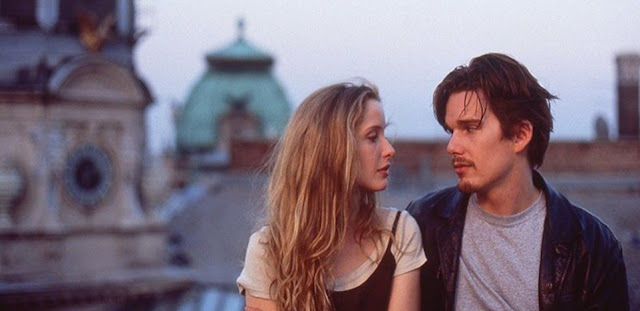Meghalaya Through Stories
Through ‘Name Place Animal Thing’ I was introduced to
how the childhood and the school life of a teenage girl looks like in Shillong.
The author, Daribha Lyndem, has put the tale so simplistically, like a
collection of memories from days past.
And recently through numerous blogs by Cheryl Rhyn, I was again fascinated by so many local tales the place has, and its people can instantly conjure up. Her Gulmohur Quarterly post made me read several other short stories in the magazine issues.
I have started ‘Funeral Nights’ by . Just 100 pages through
and numerous pages left, still I want to savor it. It is a tomb of a book, of epic scale. I want to take my time with it. Essay-like narratives in between, stories like this take time to develop, yet the
knowledge you encompass as you finish the pages is huge. The author has vast
experience of years spent in the land, and being a native is of course an added
advantage.
In my TBR:
This post is a part of Blogchatter Half Marathon 2023.














Comments
Post a Comment